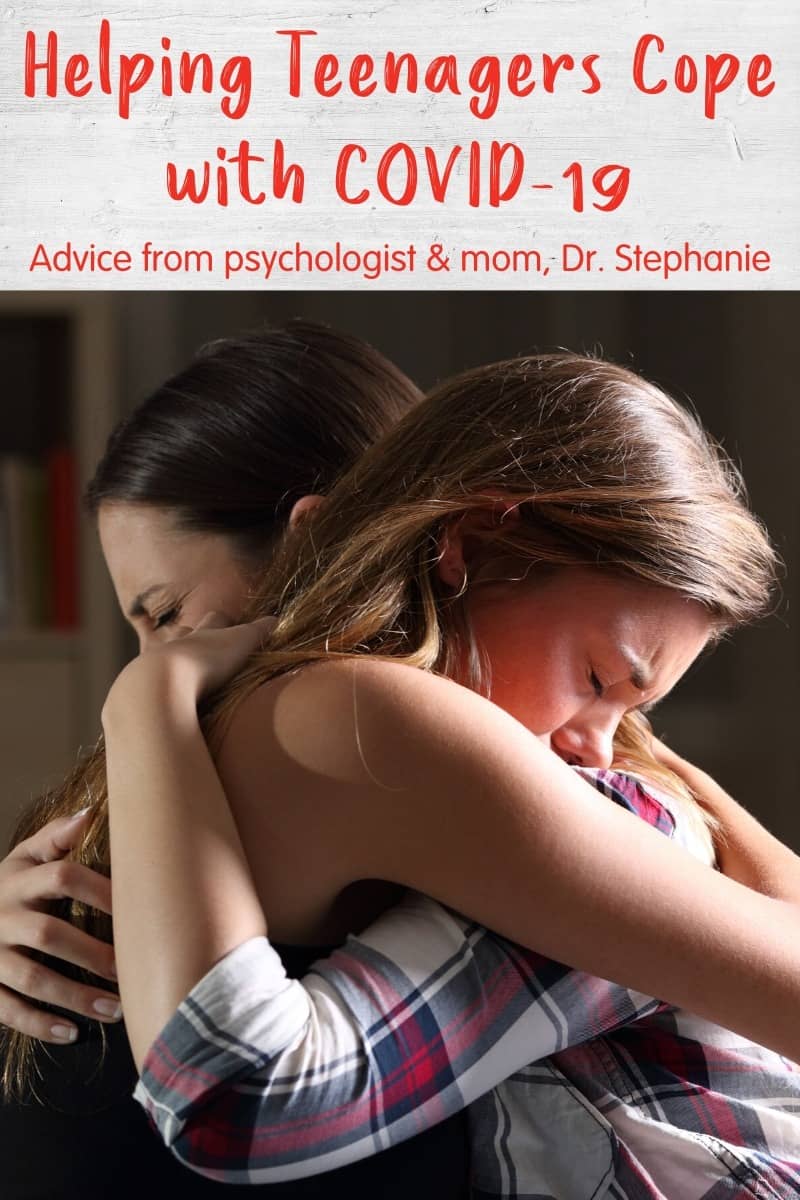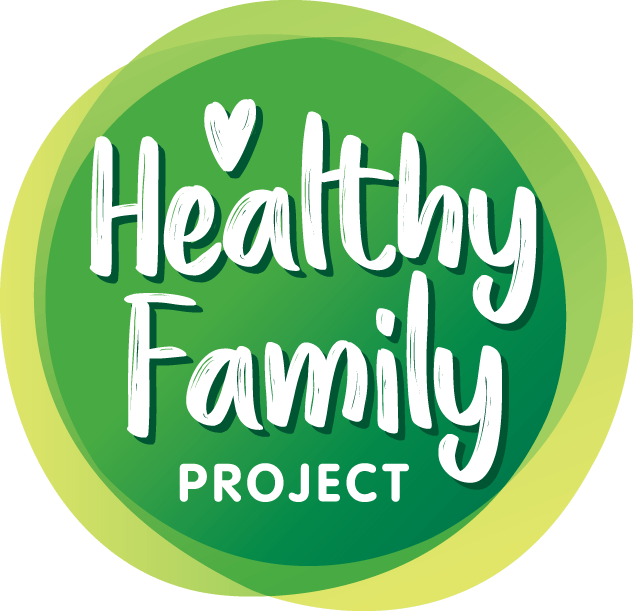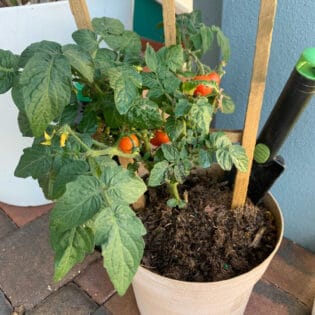Helping Teenagers Cope with COVID-19

COVID-19 is affecting all of us. No matter where we live, what we do or who we are – we are all trying to make the best of this time. Information about how to keep senior citizens safe and elementary-aged kids occupied is dominating the internet. But what about our teenagers?
Adolescent Development: What They Need Right Now
As much as they’d like you to believe they are full-grown, mature and independent adults – teenagers are not any of these things. At least they don’t embody all of these traits at the same time. And that’s normal!
One of the most important tasks of development during adolescence is separating from family and becoming more engaged with peers. This process is often slow and can take many years, but it’s a good thing! It‘s what allows our kids to eventually find a partner, their own social support system, support themselves financially and create their own meaningful, independent lives. This doesn’t mean they will never come home or maintain close ties with family, but that they will become independent, thriving adults.
Keeping this developmental task in mind is important when hearing things like:
“Having to be cooped up with you [parents/caregivers] is the worst thing in the world!”
“I don’t care about COVID-19, I just want to see my friends!”
It’s OK. They don’t hate you. They’re just being normal teenagers who view their peer relationships as increasingly more important than family relationships. It’s a good thing!
The Unknown
None of us have a clear roadmap as to when life will get back to “normal.” This is a source of significant stress for many. But for teenagers this can be particularly unsettling.
“What will happen to my GPA this semester?”
“I’ve been studying all year for Advanced Placement exams to offset some of the costs of college, what’s happening with those?”
“I was counting on connecting with college scouts this baseball/track/soccer season to earn college scholarships. How are they going to see me when the season’s been cancelled?”
“Will colleges use this semester’s possibly poor grades and lack of extra-curriculars against me?”
“I was going to use video of me singing in the musical as part of my audition to college/summer camp/music school, now what?”
Of course, we as adults can conceptualize the fact that EVERYONE IN THE WORLD is being affected by COVID-19 in one way or another. But teenagers often can’t. And while we might not know the answers to all of their questions and worries, we can listen to them, understand their concerns, and offer some reassurance that allowances will certainly be made during this strange time. Every applicant is facing the same struggles – it will work out.
Grief over lost opportunities.
Senior prom. Your last high school band concert. The solo you won’t get to perform at the spring choir concert. Senior ditch day. The 8th grade dance. Graduation. Spring Break trip. The chance to be a captain on your soccer team. My heart aches for the events teenagers are missing. And their grief is very real.
Do your best to understand their feelings of grief and sadness. And just as with anyone who is grieving, the best thing we can do is listen and be a source of comfort. We can’t fix the problems right now and we don’t know what the future will bring. But we can say: “I hear you. I understand your sadness. And I love you.”
It’s a mood.
Possibly the most common of all teenager stereotypes: moodiness. And the moodiness is a very real thing for many teens during the best of times. Sadly, that moodiness can ramp up during times of stress. Sad and mopey one minute, excited and perky the next? Totally normal. Irritable and grouchy in the morning then funny and lighthearted in the afternoon? Normal as well.
Try to stay flexible and open as your teen bounces back and forth. Hopefully as we settle into our new routines in the coming weeks, you will notice their moods returning to normal, too.
When to be concerned.
The COVID-19 virus causes fever and cough, but it is indirectly causing psychological concerns as well. As caregivers we need to keep aware of our teenagers’ mental health status. Here are a few things to keep an eye out for:
- Extreme moodiness and/or irritability (more than normal)
- Extended tearfulness, withdrawing from the family, social isolation (not interacting with classmates/family/friends online)
- Feelings of sustained hopelessness (“Why does it even matter what I do now, this is never going to change,” etc)
As caregivers, we should also be aware of the possibility of alcohol, tobacco and other drug use in our teenagers. Self-harm is also a risk during times of high stress. Know your home and the dangers that may be within it. Take precautions to keep your children safe by locking up the liquor, medications and guns in your home. And keep talking to them. Ask them about their mood, their worry and how they are spending their time.
If you have concerns about their (or your own) mental health, reach out to a health care professional in your area. Your primary care provider can give you a list of mental health resources nearby. School counselors are also a source of support as many are using online Platforms to reach students remotely. For immediate help, call the National Suicide Prevention Hotline at 800-273-8255, or 9-1-1.












